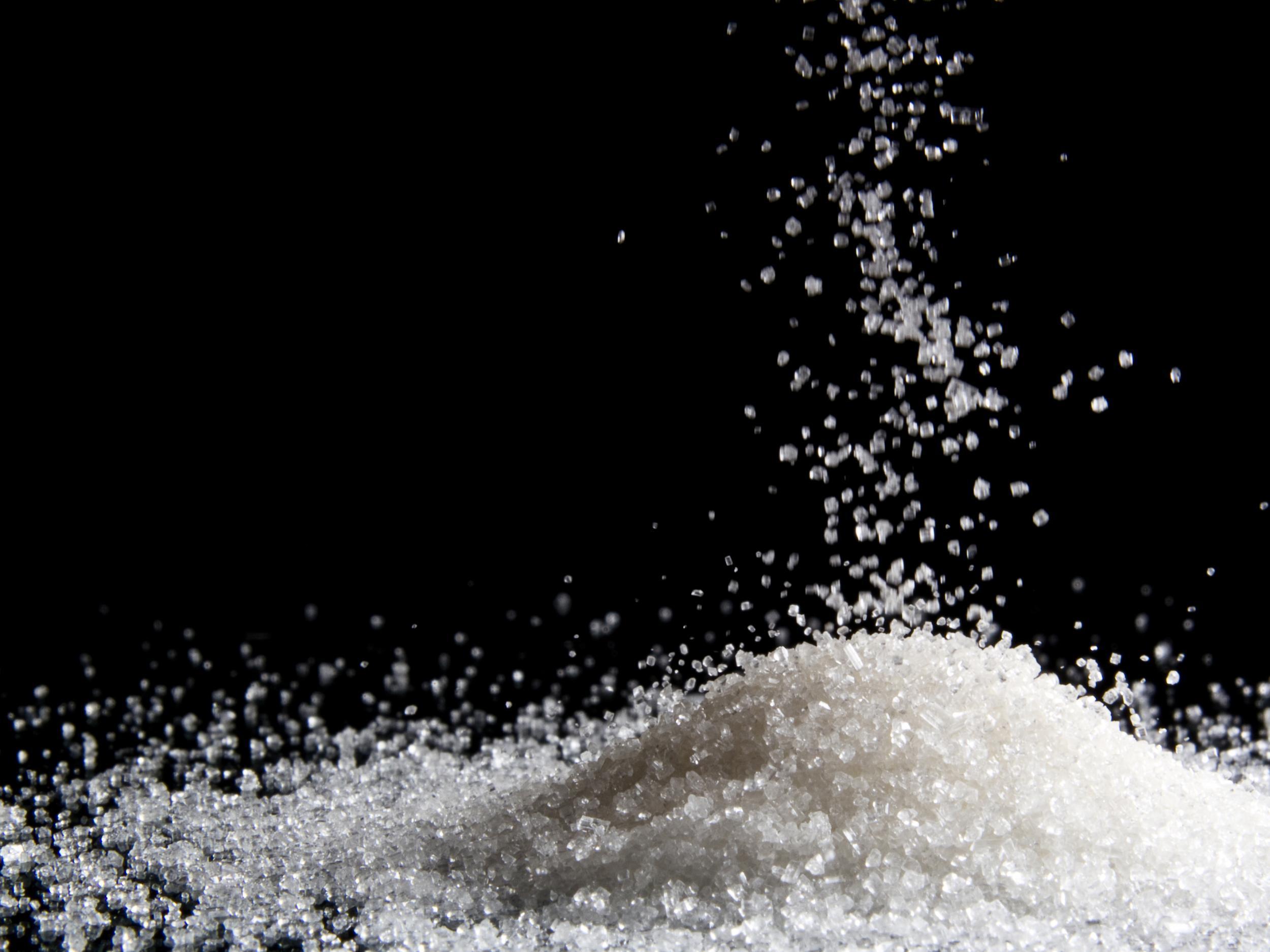Breakfast cereals targeted at children contain 'steadily high' sugar levels since 1992 despite producer claims
The sugar content in some cereals is as high as 35 per cent of the total product - unchanged from levels seen over 20 years ago

A major pressure group has issued a fresh warning about perilously high amounts of sugar in breakfast cereals, specifically those designed for children, and has said that levels have barely been cut at all in the last two and a half decades.
According to a study, jointly conducted by Action on Sugar and Consensus Action on Salt and Health, or CASH, and published on Wednesday, the sugar content in some cereals is as high as 35 per cent of the total product—unchanged from levels seen back in 1992 even though numerous studies have linked high sugar to health issues. Salt content, by contrast, has been cut by approximately 50 per cent over the past 12 years, according to research in the journal Public Health Nutrition.
Sugar quotas in breakfast cereals are a particular concern because high levels have been linked to obesity and diseases like type 2 diabetes. According to CASH, a typical 30g serving of some cereals contains a third of the recommended daily allowance of sugar for a six-year-old, which is 19g or five teaspoons.
“There has been no national sugar reduction programme, as there has been for salt, which is imperative if we want to see real and measurable improvements,” says Kawther Hashem, a registered nutritionist who works for Action on Sugar at Queen Mary University in London.
Public Health England is due to announce a national sugar reduction programme, as part of the Government’s Childhood Obesity Plan, in March, according to Ms Hashem.
The salt-reduction programme, launched in 2015 by the Food Standard Agency and CASH, has already proved effective, but Graham MacGregor, professor of cardiovascular medicine at Queen Mary University of London and chairman of CASH says that more still has to be done in relation to salt levels too. He said that salt remains far too high in cereals.
The amounts of sugar in food and drink
Show all 6“Reducing salt is the most cost effective measure to lower blood pressure and reduce the number of people suffering from strokes and heart disease – one of the commonest causes of death in the UK,” he said.
Earlier this month Public Health England said that sugar-laden breakfasts mean that the nation’s children often consume half of their daily sugar allowance before 9am.
Subscribe to Independent Premium to bookmark this article
Want to bookmark your favourite articles and stories to read or reference later? Start your Independent Premium subscription today.

Join our commenting forum
Join thought-provoking conversations, follow other Independent readers and see their replies